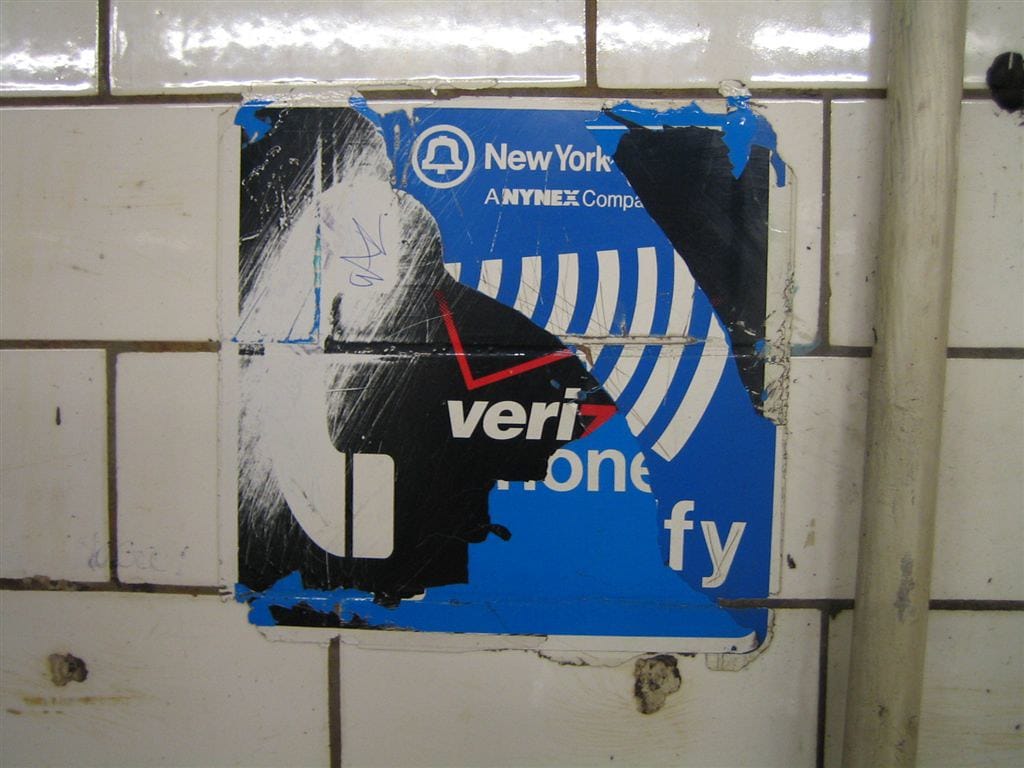Verizon's $20 Broadband Gambit: California Deal Sweetens Merger Prospects
Verizon Communications has unveiled a strategic offer to provide $20 monthly broadband service to eligible California residents as part of its efforts to secure regulatory approval for a pending merger. The telecommunications giant's commitment addresses growing concerns about digital equity and affordable internet access in the nation's most populous state, while highlighting how merger negotiations increasingly focus on public benefit provisions.
The Deal Details
Under the proposed agreement, Verizon would offer discounted broadband service at $20 per month to qualifying low-income households across California. The offer represents a significant reduction from standard broadband pricing, which typically ranges from $50 to $100 monthly for comparable service levels.
The discounted service would provide download speeds of up to 100 Mbps, sufficient for remote work, online education, and streaming entertainment. Qualifying households must meet federal poverty guidelines or participate in government assistance programs such as SNAP, Medicaid, or the Federal Pell Grant program.
Industry analysts estimate this initiative could potentially serve hundreds of thousands of California households currently struggling with internet affordability. According to the California Public Utilities Commission, approximately 2.3 million households in the state lack broadband access, with cost being the primary barrier for nearly 40% of these families.
Regulatory Strategy in Action
This broadband commitment illustrates Verizon's strategic approach to navigating complex merger approval processes. State and federal regulators increasingly scrutinize telecommunications consolidation, demanding concrete public benefits in exchange for approval of industry consolidation.
"Merger conditions have evolved from simple promises to measurable commitments with enforcement mechanisms," explains telecommunications policy expert Dr. Maria Rodriguez of UC Berkeley's School of Information. "Companies now understand they must deliver tangible benefits to communities, not just shareholders."
The California Public Utilities Commission has historically taken a tough stance on telecommunications mergers, often requiring companies to maintain service quality standards, preserve jobs, and expand access to underserved communities. Verizon's preemptive offer suggests the company recognizes these regulatory expectations.
Addressing California's Digital Divide
California faces significant broadband accessibility challenges despite its reputation as a technology hub. Rural areas, low-income urban neighborhoods, and communities of color experience disproportionately limited internet access. The COVID-19 pandemic exposed these disparities dramatically, as remote work and distance learning became essential.
Recent state data reveals that households earning less than $50,000 annually are three times more likely to lack broadband access compared to higher-income families. Latino and Black households face particularly steep barriers, with affordability cited as the primary obstacle in 65% of cases.
Verizon's $20 broadband offering directly targets these affordability challenges. If implemented effectively, the program could serve as a model for other telecommunications companies seeking regulatory approval for business combinations.
Market Implications and Competition
The announcement comes as the broadband market faces intensifying competition and regulatory pressure to expand affordable access options. Competitors including Comcast, Charter Communications, and AT&T have launched similar low-cost programs, though with varying eligibility requirements and service levels.
This competitive dynamic benefits consumers while creating new business model challenges for telecommunications companies. Providers must balance affordable access commitments with maintaining profitable operations and continued network investment.
Industry revenue data shows that low-cost broadband programs typically operate at slim margins but can drive long-term customer acquisition and brand loyalty. Companies view these offerings as investments in market share expansion and regulatory relationship management.
Looking Forward: Implementation Challenges
While Verizon's commitment represents positive progress for digital equity, successful implementation faces several hurdles. Historical challenges with similar programs include complex enrollment processes, limited customer awareness, and difficulty verifying eligibility requirements.
Consumer advocacy groups emphasize the importance of streamlined application procedures and robust outreach to eligible communities. "The best-intentioned programs fail without effective community engagement and simplified access," notes California Community Foundation's digital equity director, James Chen.
The Bottom Line
Verizon's $20 broadband initiative reflects the evolving landscape of telecommunications regulation, where merger approval increasingly depends on demonstrated public benefits. For California residents, this development offers hope for expanded affordable internet access, potentially reaching hundreds of thousands of households currently priced out of broadband service.
Success will ultimately depend on program implementation, regulatory oversight, and Verizon's commitment to meaningful digital equity progress. As telecommunications consolidation continues, this California model may influence similar commitments nationwide, reshaping how companies approach merger strategies while addressing persistent digital divide challenges.
